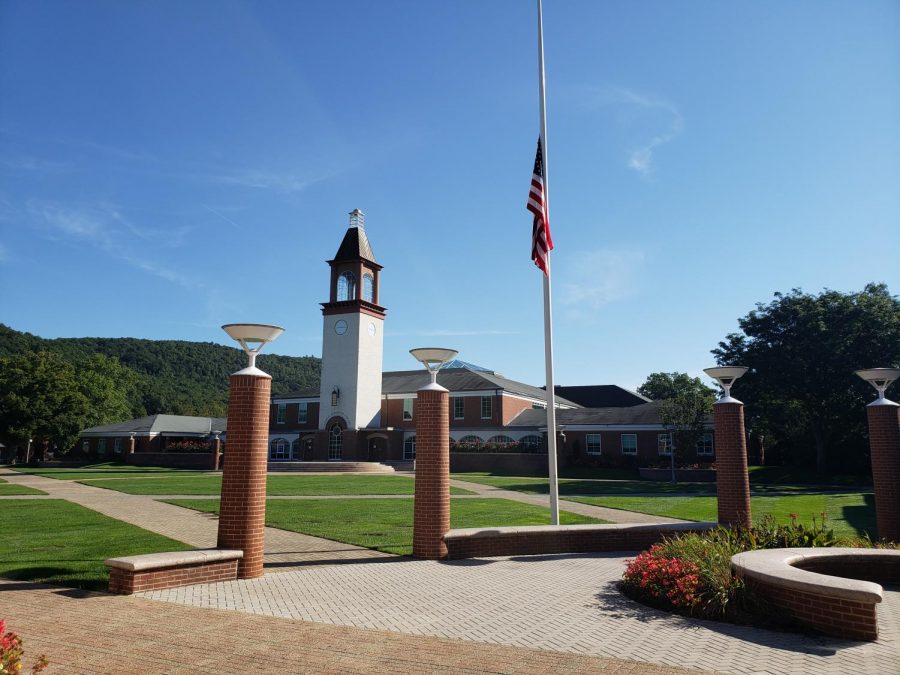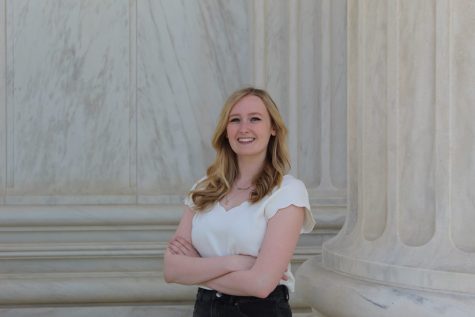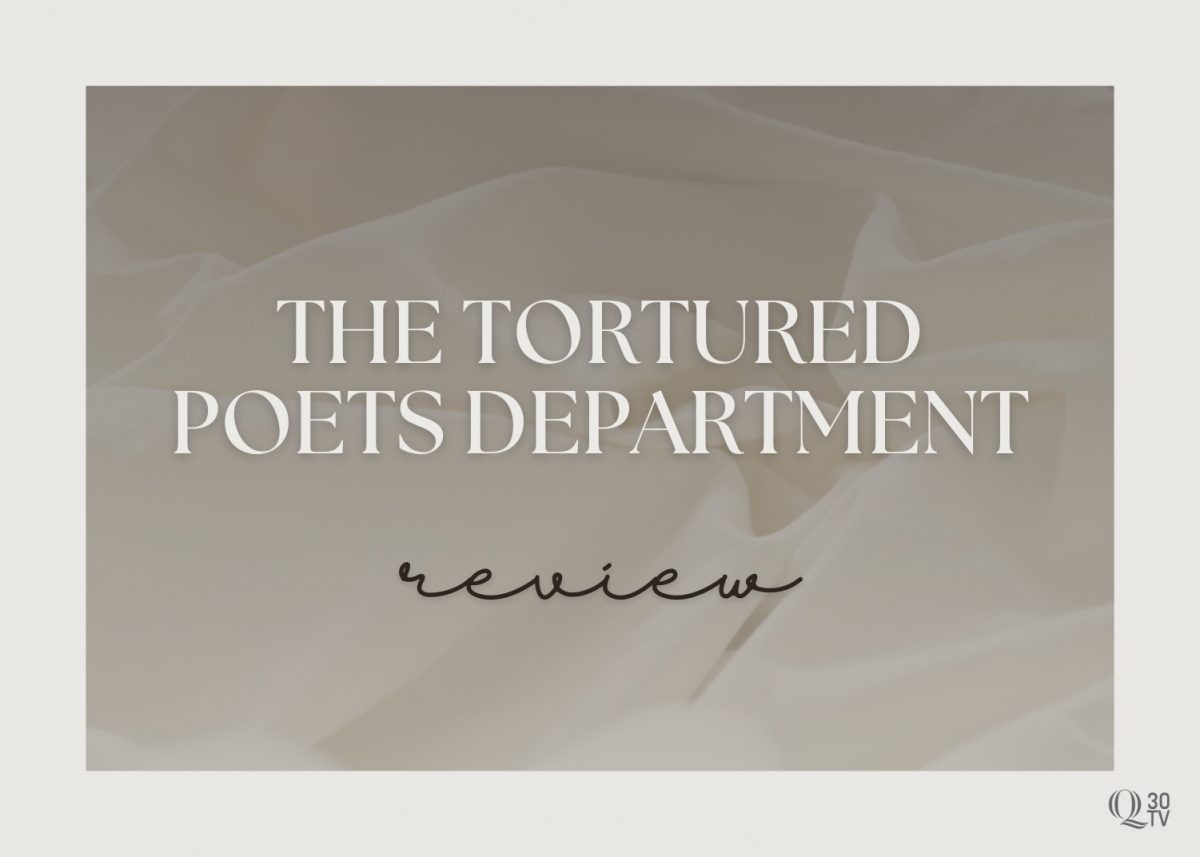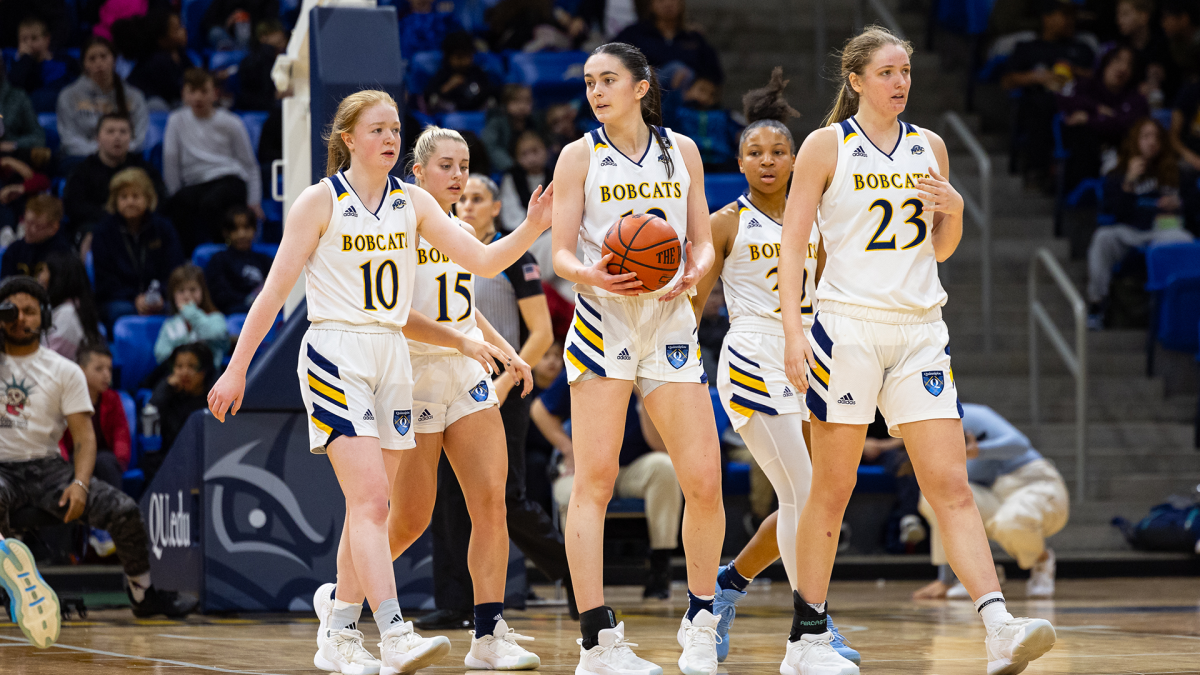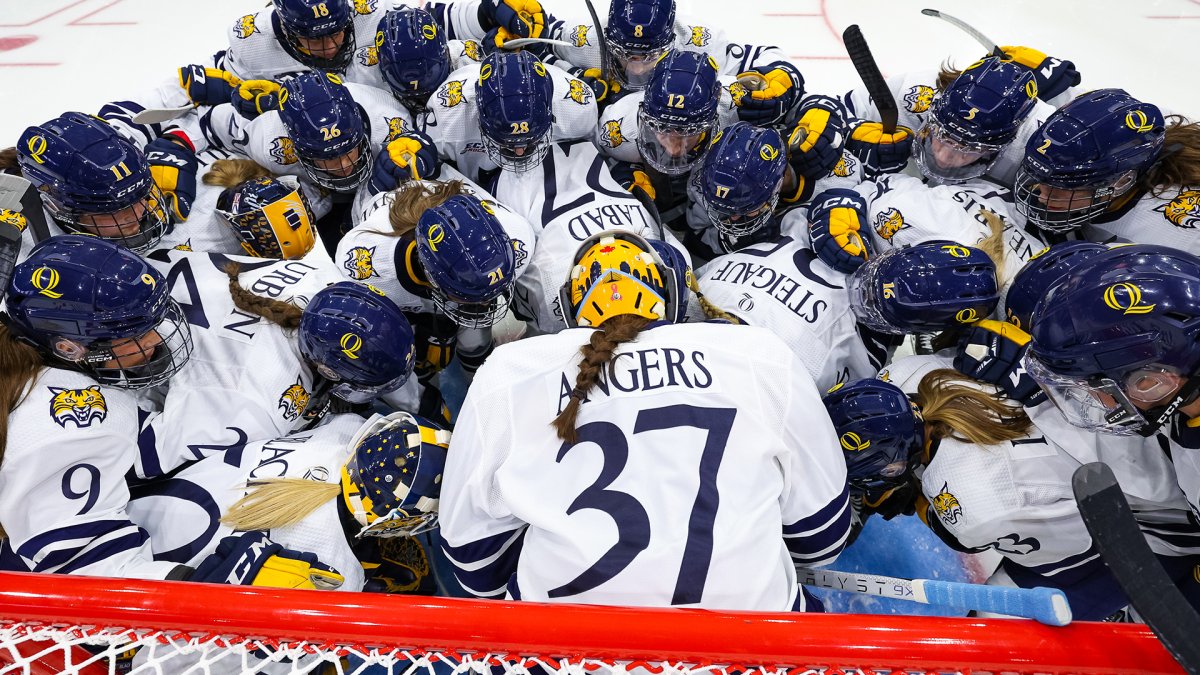Teaching through 9/11: how the classroom became a sanctuary for students away from home
September 11, 2021
Many students and faculty were beginning their school day on the morning of 9/11, as was Dale Jasinski, a professor of entrepreneurship, who had begun teaching at Quinnipiac University the year before. Jasinski was walking out of the School of Business to his first class as he bumped into one of his office mates in the parking lot.
“He drove up from the Stamford general area and he was listening to WCBS and he had heard there was a plane crash somewhere in New York City,” Jasinski said.
Thinking it was an average plane crash, Jasinski went on to start teaching his class. It was after his second class where he heard about the second plane crash. It began feeling apparent that the two planes that crashed into the Twin Towers were not an accident.
As classes continued on campus, Jasinski went home to his three sons who went to school in Cheshire, Connecticut. Their teachers turned on the television at school to watch the tragedy unravel.
Quinnipiac made sure that in the days following the attack, students would be safe to grieve and not force conversation on students who weren’t ready to speak.
“I lived in San Francisco and worked there for six years and an earthquake would happen, but nobody would talk about it. For at least the immediate few days after that [9/11] it was more like that,” Jasinski said. “People didn’t really want to talk a lot about specific things. They would talk in general about terrorism attacks, but it didn’t seem to me that people students really wanted to bring it up in class was almost like this was the sanctuary, so to speak, like you compartmentalize this. I was gonna go through this and this kind of kept from it being an all-consuming type of thing.”
With many students from Connecticut, New Jersey and New York who had family and friends working in the Twin Towers, Jasinski said there was a mutual understanding amongst the administrators, faculty and staff that there would need to be a great deal of patience as the day of the events settled in more.
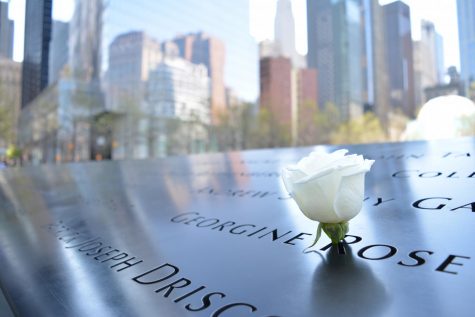
“I think everybody acknowledges that you had to give them a lot of patience in terms of what they needed to be doing in their personal lives in terms of going home, tending to be with parents,” Jasinski said.
Not all students grieved from a personal loss, many traumatized by the attack on their community.
“It was encouraged to be lenient with absences saying that you know, there would be kids affected and I think within a few days, it was clear that there were actually some students who actually suffered losses,” Jasinski said. “It was clear that there were some students who were personally impacted in a very tragic way that there was a second circle out of that, so to speak, of the kids who had family members who didn’t get killed or injured but were traumatized by the events or could have been.”
For students away from home, their classmates and professors were the only people to lean on in person. Since 9/11 occurred so early into the semester, Jasinski felt it was especially challenging for the first-year students who barely had any time to make a home of Quinnipiac before the tragedy.
“I think it would vary from class to class, so the brand new freshmen you know back this Sept. 11 so it would have been two weeks on campus type of thing and they had one set of community to lean on,” Jasinski said.
Now that 20 years have passed since 9/11, Jasinski feels it’s hard to bring up the day to his students.
“I asked yesterday, and I was kind of surprised that more concern was over the Tampa Bay and Dallas Cowboys game,” Jasinski said. “It’s not ancient history, but it is history. It’s not something I think that they can personally say I witnessed. I didn’t sense a lot of anxiousness”
Jasinski says whether it is a natural disaster or a terrorist attack, there is no specific way an educator has to address the matter.
“It’s an individual thing,” Jasinski said. “I think you just want to make sure they all feel the support. That how they are dealing with it is fine with you.”


